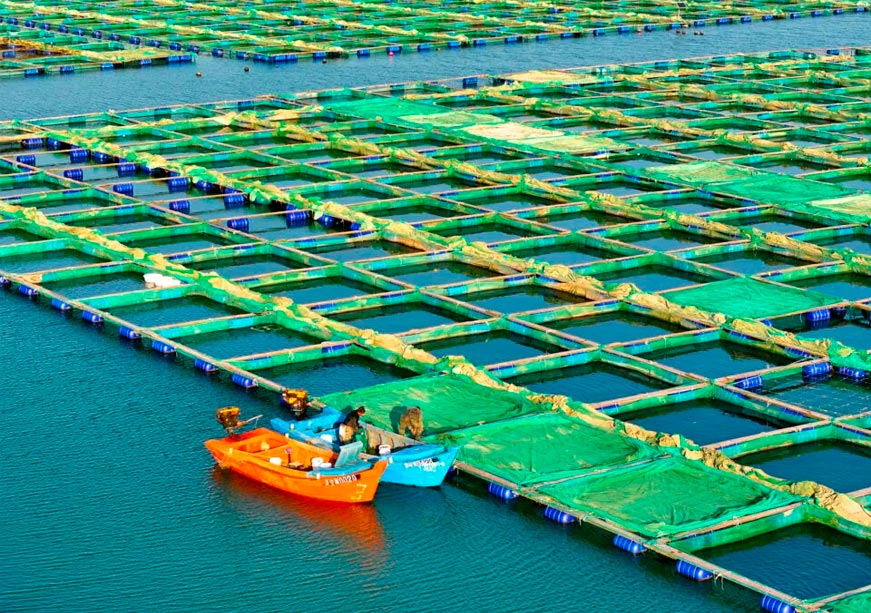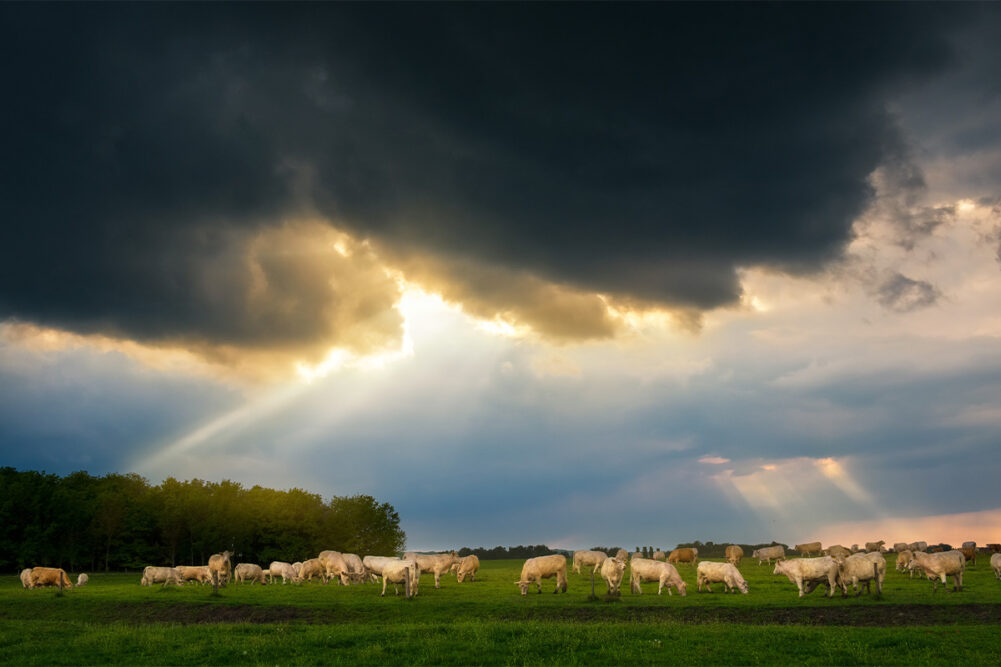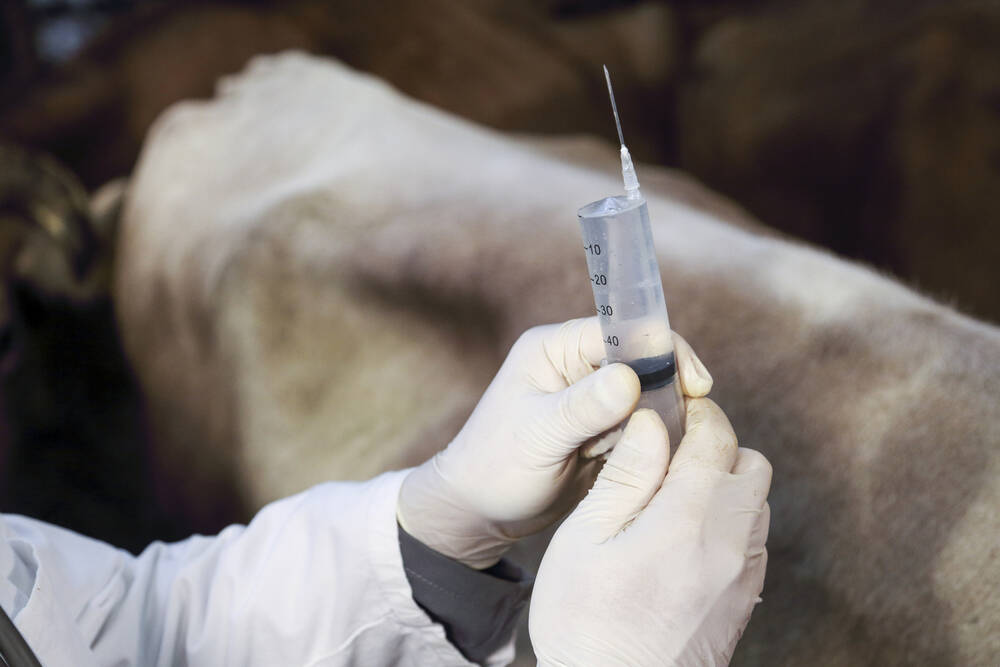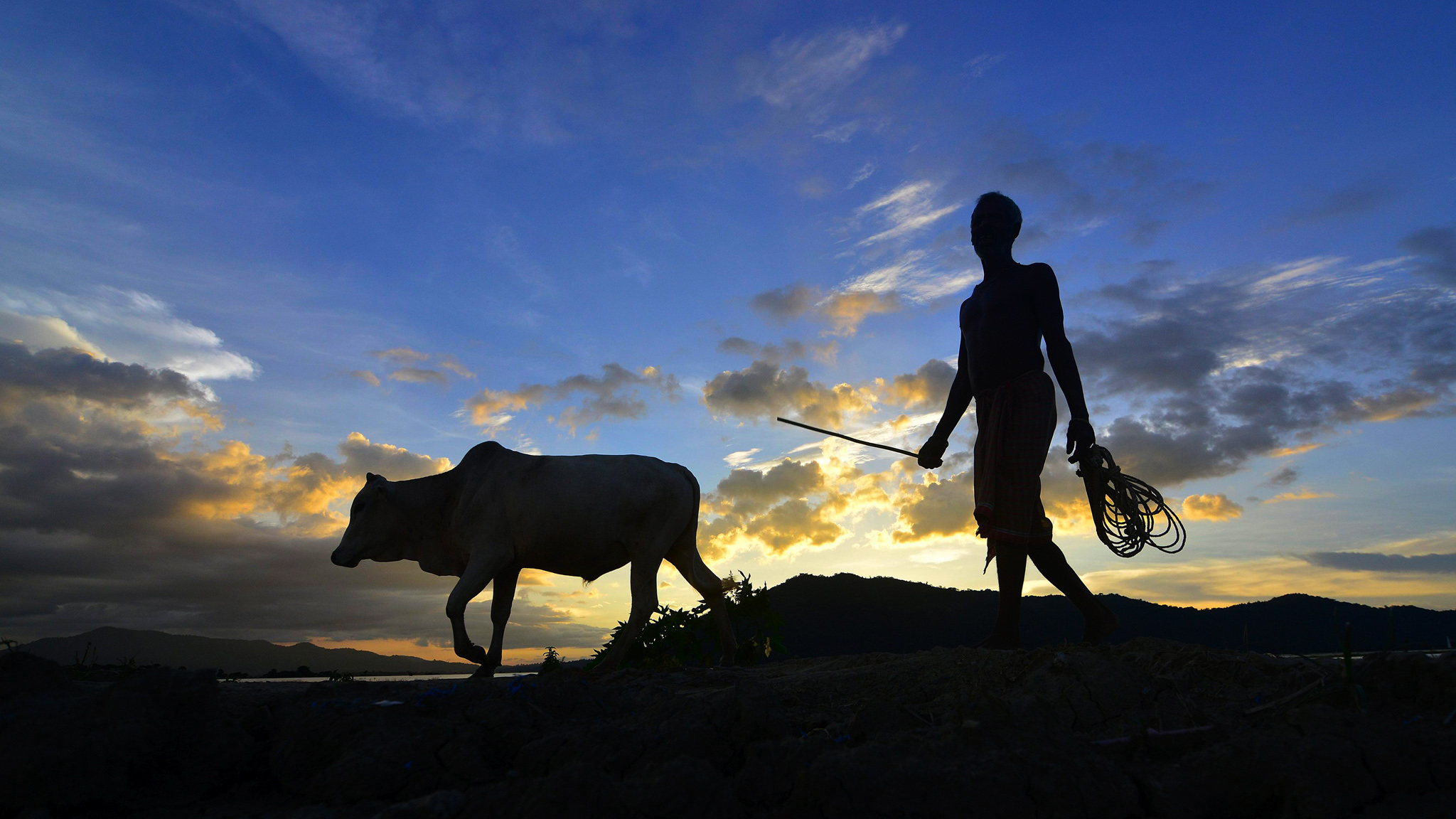The prime minister’s flagship crop insurance scheme, which has seen an impressive rise in coverage and sum assured since its launch in 2016, is facing a number of challenges that are delaying claim settlements for farmers, a senior agriculture ministry official said on Wednesday.
The Pradhan Mantri Fasal Bima Yojana (PMFBY) has seen a substantial rise in coverage and sum assured despite 2016-17 being a normal monsoon year but after nearly four seasons of implementation, several challenges have cropped up, Ashish Bhutani, joint secretary at the agriculture ministry, told a national conference on agriculture insurance. “The biggest challenge we face is the conduct of crop cutting experiments which many states are unable to do in a short window of time,” Bhutani said. Companies have also objected to possible fudging in crop cutting experiments (used to estimate losses), “so we have put in the provision of companies co-observing these experiments,” he added. “There are gaps in many states in implementing the guidelines of the scheme in letter and spirit... and those have led to payment delays (to farmers) in certain states,” Bhutani said. He said a lack of historical data has hiked up premiums in some areas, and states are not doing enough to provide data to companies. “Another issue which is a challenge for us is the delay in release of subsidies (towards premium) by state governments which is delaying payment of claims to farmers,” Bhutani said. Bhutani, who is steering the flagship scheme at the centre, also said the ministry is ready with a new portal which will ensure transparency and end-to-end implementation of the scheme from communication between states and companies to claim settlement. “The government is soon going to issue a revised set of guidelines to address current challenges and we are also thinking of setting up a dispute resolution mechanism to resolve conflicts between state governments and companies,” he said. While the top official from the agriculture ministry blamed states for the glitches in the PMFBY, Dharmendra Sharma, a consultant to the state of Haryana on crop insurance, told the conference that despite collecting large premiums, insurance companies are not putting in place any ground infrastructure (required for grievance redressal and assessing crop losses in individual plots). “Before pointing out flaws of state governments, companies should also invest but they are acting as run-away businesses,” Sharma said. An evaluation of the PMFBY by the Delhi-based Indian Council for Research on International Economic Relations, released at the conference, said that even two years after the scheme was launched, use of technology such as mobile devices or remote sensing to estimate crop losses has been limited. The study also said that a scheme like PMFBY, which gets nearly a third of the resources of the department of agriculture and cooperation, is run by just two senior officers and deserves a dedicated team of professionals. Since its launch in 2016 kharif, the PMFBY spruced up coverage from 26% of gross cropped area in 2015-16 to 30% in 2016-17. The government’s goal is to bring 50% of the crop area under insurance by 2018-19. The budget presented earlier this month raised the allocation under the crop insurance scheme from Rs10,698 crore in 2017-18 (revised estimate) to Rs13,000 crore in 2018-19 (budget estimate). Source - http://www.livemint.comIndia - State govts to blame for issues in crop insurance scheme: Agriculture ministry
22.02.2018 180 views
ScaleAgData Stakeholder Engagement Event
22.10.2024The ScaleAgData project is pleased to invite you to our second stakeholder event. Building on the discussions and connections formed during our first webinar, this event will focus on fostering collaboration among stakeholders, providing updates on our project’s progress, and outlining future opportunities for engagement.

Italy - Farmers devastated as nationwide crisis wipes out key crop
Fig lovers in Italy and beyond might find their favorite fruit harder to come by this year.

Brazilian food org aims to change local agriculture methods
Food awareness organisation ProVeg Brazil has began a project to help Brazilian livestock farmers transition to plant-based agroforestry.

USA - D2D satellite tech could make livestock tracking far more affordable in future
Andy Kessler is the VP Enterprise and Land Mobile for global communications company Viasat.

Blue food making waves for sustainability and security in East Asia
East Asia is well-positioned to lead the global transition towards sustainable aquatic food systems, or ‘blue food’.

Zimbabwe interested in Belarusian dairy products and agricultural machinery
Belarus’ Agriculture and Food Minister Yuri Gorlov held negotiations with the Deputy Minister of Lands, Agriculture, Fisheries, Water and Rural Development of the Republic of Zimbabwe, Vangelis Haritatos, sb.by reports

Azerbaijan to host agricultural product festivals across 13 regions
Azerbaijan is set to hold agricultural product festivals in 13 locations across 9 economic zones, aiming to promote local production and highlight the economic potential of various regions.

South Korea grapples with surging prices for livestock, processed foods
Livestock and processed food prices in South Korea have soared, fueled by multiple factors including currency depreciation and rising raw material costs, further straining residents' cost of living.

Tanzania roles out national livestock vaccination, identification campaign
The government is set to launch a nationwide livestock vaccination and identification campaign on June 16, 2025, aimed at boosting animal health and opening up access to regional and international markets.




